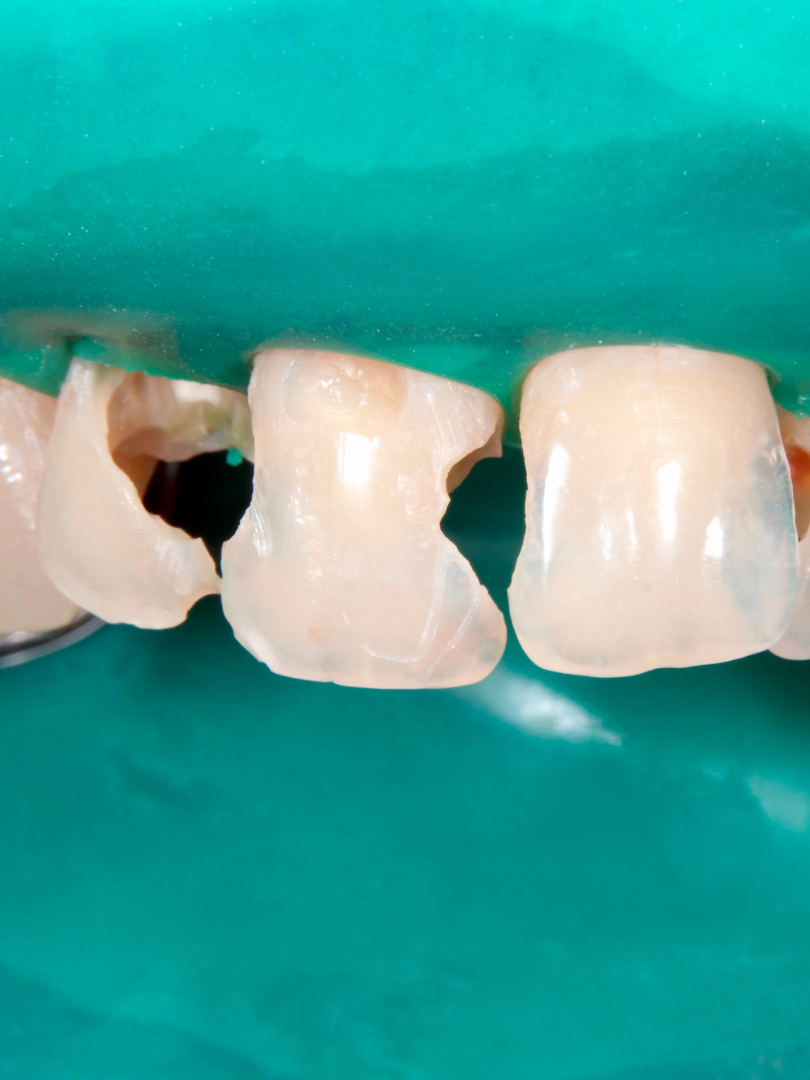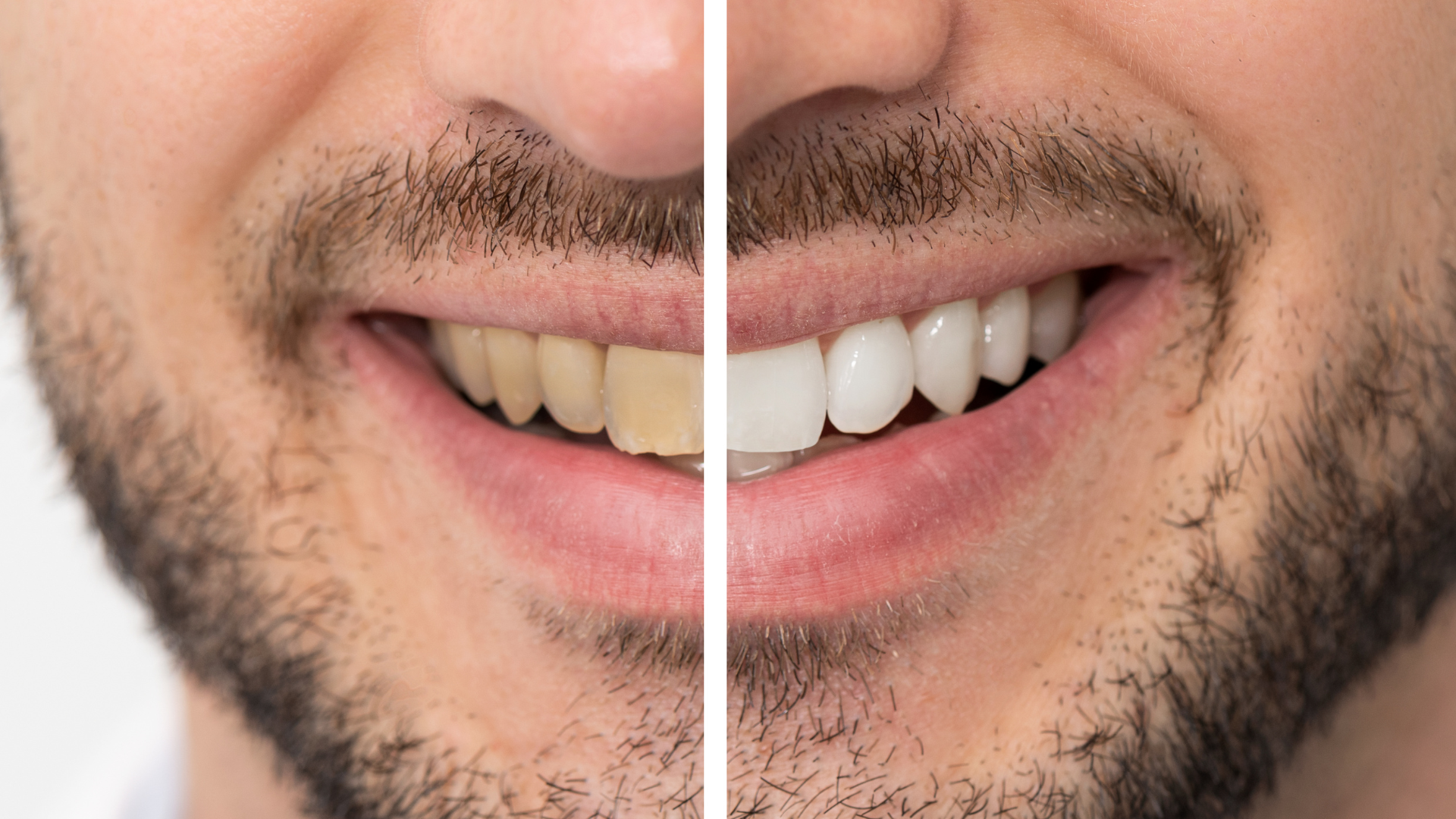Cracked Tooth? Here’s Why You Should Visit a Toronto Emergency Dentist
Understanding Cracked Teeth
Common Causes of Cracked Teeth
Cracked teeth can happen for several reasons, including:
- Biting down on hard foods like ice or hard candy.
- Injury or trauma to the mouth.
- Grinding teeth (bruxism), especially at night.
- Extreme temperature changes, like drinking hot coffee followed by cold ice cream.
Symptoms to Look Out For
If you think you might have a cracked tooth, watch for these signs:
- Pain when chewing or biting.
- Sensitivity to hot or cold foods.
- Swelling around the tooth.
- A visible crack or chip in the tooth.
Long-Term Effects of Ignoring a Crack
Ignoring a cracked tooth can lead to serious problems, such as:
- Increased pain and discomfort.
- Infection in the tooth or gums.
- Loss of the tooth if the crack worsens.
Taking care of a cracked tooth early can save you from more pain and costly treatments later.
If you’re in the Danforth area and need help, consider visiting the
Danforth Neighbourhood Dental Centre for expert care. They can also provide services like teeth whitening in Danforth to keep your smile bright.
Importance of Immediate Dental Care
Why Timely Treatment Matters
When you have a cracked tooth, getting help right away is crucial. Delaying treatment can lead to more serious problems, like infections or tooth loss. Here are some reasons why you should see a dentist quickly:
- Prevents further damage to the tooth.
- Reduces the risk of infection.
- It saves you money in the long run by avoiding more complex treatments.
Potential Complications of Delayed Care
Ignoring a cracked tooth can lead to:
- Increased pain and discomfort.
- Difficulty eating or speaking.
- The need for more extensive procedures, like root canals or extractions.
How Emergency Dentists Can Help
Emergency dentists, like those at Danforth Neighbourhood Dental Centre, are trained to handle urgent dental issues. They can:
- Provide immediate pain relief.
- Assess the damage and recommend the best treatment.
- Help you understand your options and what to expect next.
Remember, caring for a cracked tooth quickly can save you from bigger problems later on.
Choosing the Right Emergency Dentist
What to Look For in an Emergency Dentist
When you need an emergency dentist in Toronto, finding one that meets your needs is important. Here are some key points to consider:
- Availability: Make sure they offer services during evenings and weekends.
- Location: Look for a dentist near you for quick access.
- Experience: Check if they have experience with cracked teeth and other emergencies.
- Reviews: Read patient reviews to gauge their reputation.
Benefits of Local Emergency Dentists
Choosing a local emergency dentist has several advantages:
- Quick Response: They can see you faster in case of an emergency.
- Familiarity: They know the community and may better understand local dental issues.
- Personalized Care: Local dentists often provide a more personal touch.
Danforth Neighbourhood Dental Centre: Your Local Option
If you’re looking for an emergency dentist in Toronto, consider the Danforth Neighbourhood Dental Centre. They are known for their prompt service and friendly staff, making them a great choice for urgent dental needs.
Finding the right emergency dentist can greatly improve your treatment and recovery. Don’t wait until it’s too late!
Treatment Options for Cracked Teeth
Common Procedures for Repair
When you have a cracked tooth, there are several ways to fix it. Here are some common treatments:
- Dental Bonding: A tooth-coloured resin is applied to the crack to make it look whole again.
- Crowns: A crown is a cap that covers the entire tooth, providing strength and protection.
- Root Canal: If the crack goes deep and affects the nerve, a root canal may be needed to save the tooth.
When to Consider Extraction
In some cases, the damage may be too severe. You might need to think about extraction if:
- The tooth is broken beyond repair.
- There’s a risk of infection that can’t be treated.
- The tooth is causing severe pain and discomfort.
Post-Treatment Care and Recovery
After treatment, taking care of your teeth is important to ensure they heal properly. Here are some tips:
- Avoid hard foods for a few days.
- Keep up with good oral hygiene by brushing and flossing regularly.
- Visit your dentist for follow-up appointments to check on your recovery.
Remember, taking care of your teeth is essential for your overall health. Don’t wait too long to see a dentist if you have a cracked tooth. The Danforth Neighbourhood Dental Centre is here to help you with your dental needs.
Preventing Future Dental Emergencies
Daily Habits for Stronger Teeth
- Brush your teeth twice a day with fluoride toothpaste.
- Floss daily to remove food particles and plaque between your teeth.
- Limit sugary snacks and drinks to protect your enamel.
Regular Dental Check-Ups
- Visit your dentist at least twice a year for check-ups.
- Get professional cleanings to keep your teeth healthy.
- Discuss any concerns with your dentist during visits.
Understanding Your Dental Health
- Learn about your dental health and what affects it.
- Pay attention to any changes in your teeth or gums.
- Danforth Neighbourhood Dental Centre offers family dentistry in Danforth, helping you understand your dental needs.
Taking care of your teeth today can prevent bigger problems tomorrow. Regular habits and check-ups are key to a healthy smile.
Cost Considerations for Emergency Dental Care
Insurance Coverage for Emergency Visits
When facing a dental emergency, understanding your insurance coverage is crucial. Many dental plans cover emergency visits, but the extent can vary. Here are some points to consider:
- Check if your plan includes emergency dental care.
- Understand any deductibles or co-pays you may need to pay.
- Contact your insurance provider for specific details.
Patient Experiences and Testimonials
Stories from Patients
Hearing from others can help you understand what to expect. Many patients have shared their experiences after visiting an emergency dentist. Here are some common themes:
- Quick relief from pain
- Friendly and caring staff
- Clear explanations of treatment options
The Importance of Reviews
Reading reviews can guide your choice of an emergency dentist. Positive feedback can give you confidence in your decision. Look for:
- Overall patient satisfaction
- Quality of care
- Timeliness of service
How to Share Your Experience
After your visit, consider sharing your own story. This can help others in need. You can:
- Write a review online
- Share your experience on social media
- Talk to friends and family about your care
Visiting a local emergency dentist like Danforth Neighbourhood Dental Centre can make a big difference in your dental health.
Your experience matters! Sharing it can help others make informed choices.
Final Thoughts
Don’t wait too long to see a dentist if you have a cracked tooth. Visiting a Toronto emergency dentist can help you avoid more pain and bigger problems later. They can fix your tooth and advise you on how to care for it. Remember, your smile is important, and taking care of your teeth is a big part. So, if you’re in the Danforth area, consider checking out the Danforth Neighbourhood Dental Centre for help!





